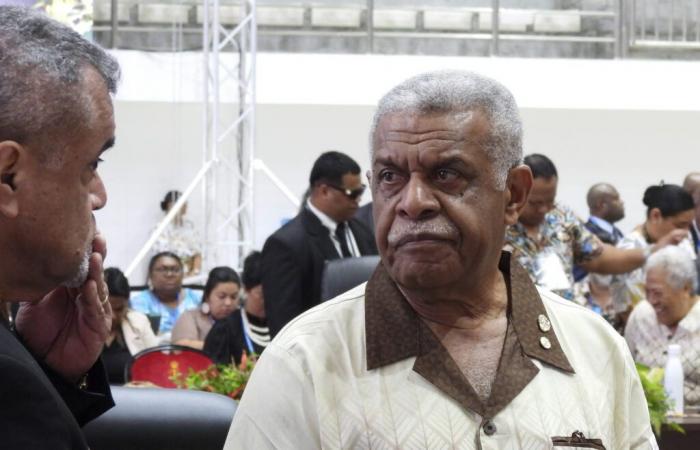The government of Louis Mapou was overthrown and the reforms that were to be voted on could not be passed. Without these, the consequences on the population could be serious.
The local pro-independence government, led by Louis Mapou, was overthrown on Tuesday, December 24, in New Caledonia. This political destabilization of the country comes after an insurrection movement, which began on May 13, against the State's modification of the electoral body for provincial elections. This movement cost the lives of thirteen people, caused more than 2 billion euros in damage, and one employee in seven, or 9,250 people, lost their job between March and September, according to the Institute of Statistics and economic studies, as reported by Le Parisien.
New Caledonia needs significant financial aid to rebuild itself. The Ministry of the Economy had planned to pay 231.2 million euros to communities to end the year and be able to pay salaries. But now, this emergency aid had a counterpart: that the government voted for several reforms, such as that of the TGC, the general tax on consumption, equivalent to VAT, which was to be voted on Thursday.
Why was the government overthrown?
Since coming to power in 2021, the first independence movement to rule New Caledonia has faced fierce opposition. Indeed, Calédonie ensemble, affiliated with Renaissance, and Rassemblement-Les Républicains believe that the collegial government is disconnected from the congress, from which it comes directly and whose balances it reproduces. “The government proceeds from Congress, and not the other way around. We have called on several occasions for a change of method,” assures an elected official from Éveil oléilien.
In a letter, the Caledonia Ensemble party denounced its disagreements on the fiscal side with the head of government. The elected officials believe that Louis Mapou should not have accepted that the aid be paid in the form of a loan conditional on the vote for reforms. We must “stop letting Bercy dictate its law”, believes Philippe Gomès, the party leader.
So, the political groups came together to resign from their positions, in order to bring about the fall of the government, as provided for in Kanak law. A “bad political move, irrational and irresponsible”, for Louis Mapou, who spoke to Nouvelle-Calédonie La 1ʳᵉ.
In response to these resignations, the two independence groups at the congress, the National Union for Independence and the UC-FLNKS, decided to no longer sit, in order to confront each of their responsibilities. “Since they call into question the government's rescue plan, we will not vote on the texts linked to it while waiting for the next government to make its proposals,” assures the president of the UNI group, Jean-Pierre Djaïwé. But for Philippe Blaise, elected to the Loyalists, “putting people under guardianship is becoming an increasingly serious scenario”.
In reaction, Manuel Valls, the Minister of State for Overseas Territories, assured: “New Caledonia needs a government as quickly as possible. It is difficult to build a future without a government for the archipelago. “






